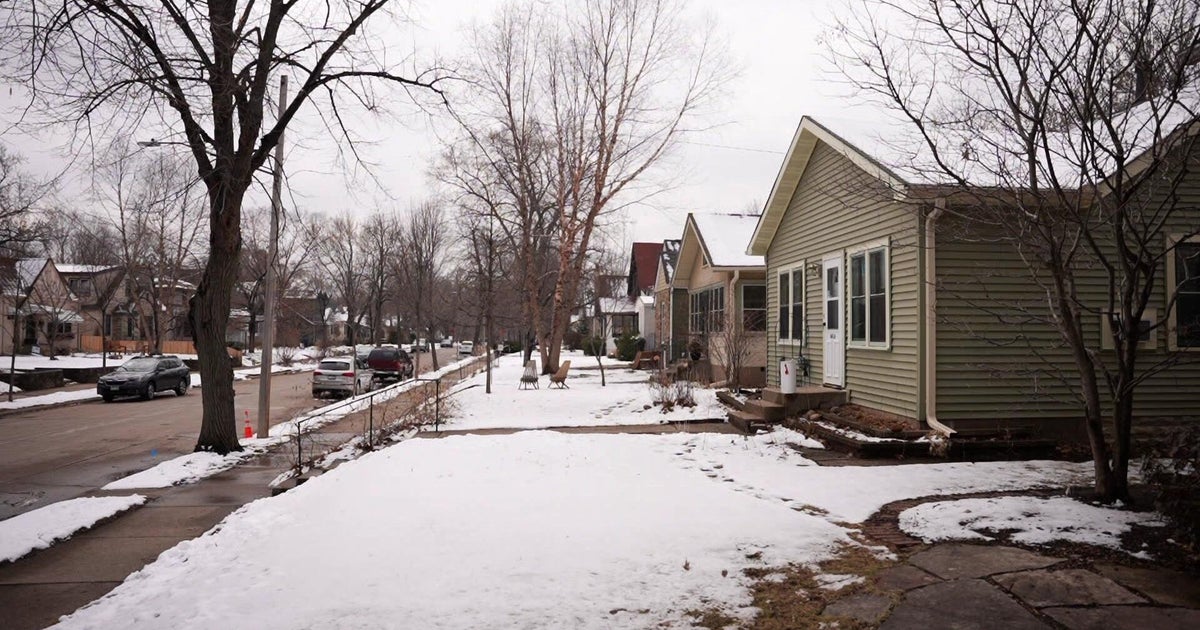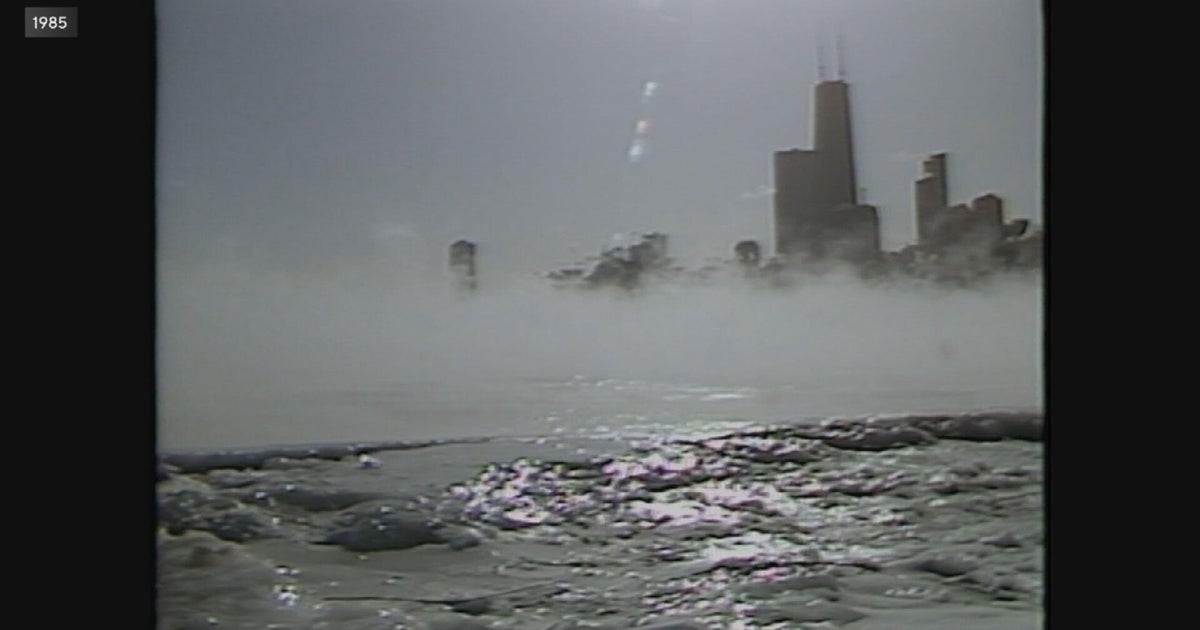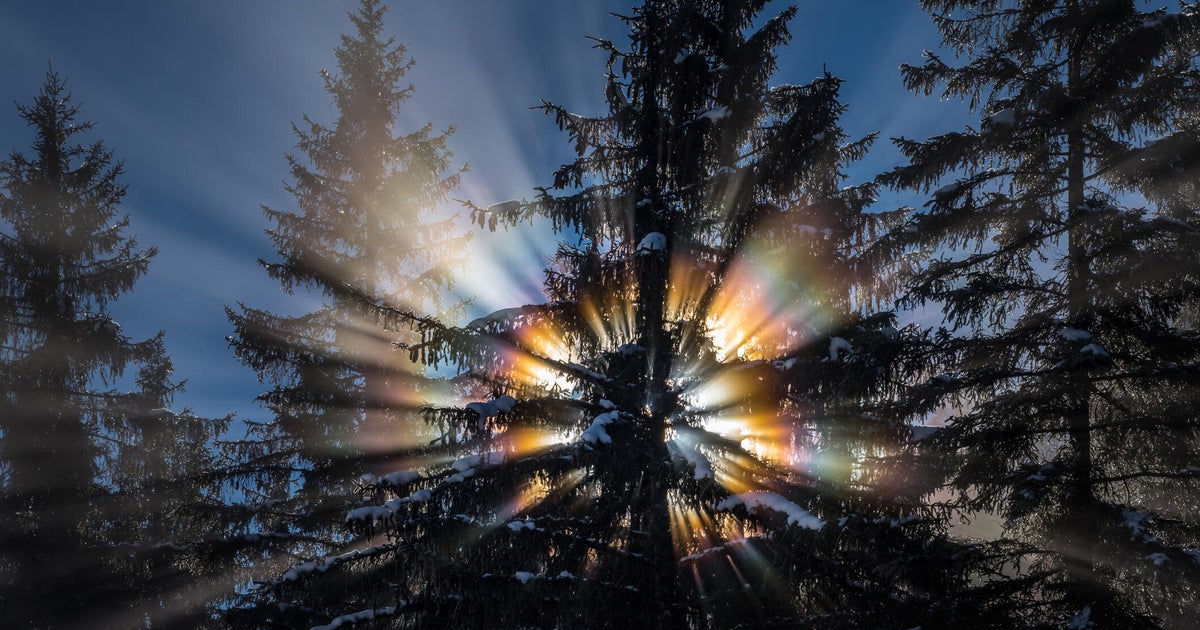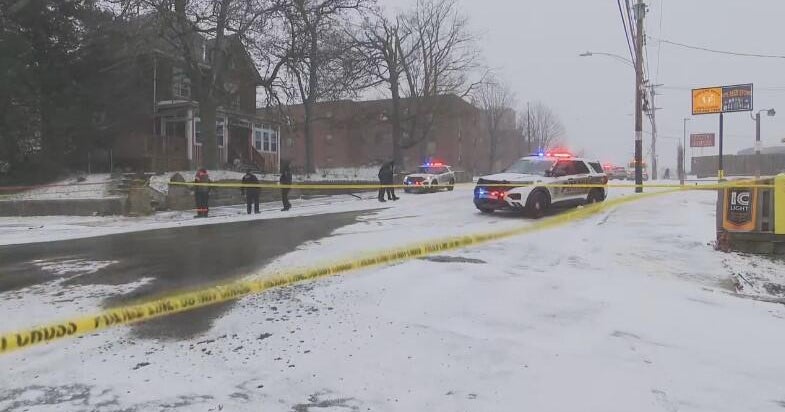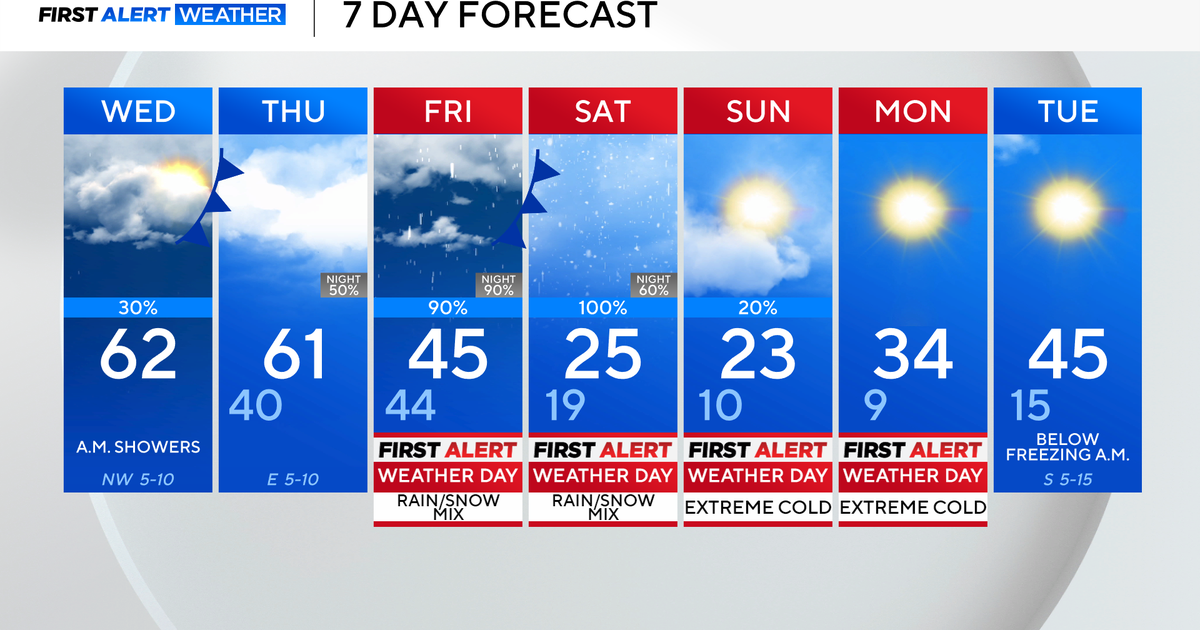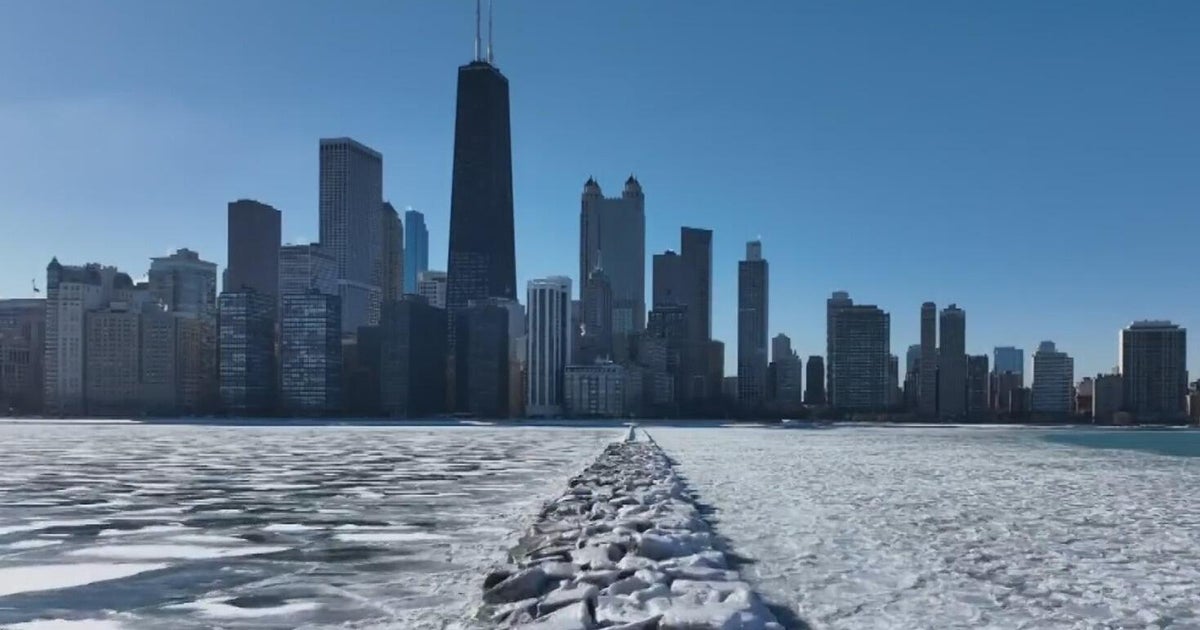A look back at the winter of 1877-1878, the warmest Twin Cities winter on record
MINNEAPOLIS — It's a record that's stood for nearly 150 years – the Twin Cities' warmest winter. In 1877 to 1878, the Twin Cities averaged 29 degrees between the months of December and February. It's stood as the warmest winter on record since then.
"It's like one of those things – it's like winning the Super Bowl on winters," said Minnesota DNR Climatologist Pete Boulay. "You always compare to that winter when we have a warm winter."
It's been an extremely warm winter so far, but according to record books, it hasn't been the warmest.
According to historians, the winter of 1877-1878 was unlike any other winter in Minnesota history.
"The weather was unprecedented, untimely, unpleasant, unpopular, and unboreal," said Bill Convery, Director of Research at the Minnesota Historical Society.
Researchers like Convery still have the articles detailing the warmest Twin Cities winter of all time.
"Certainly newspapers are interested in reporting on this really interesting weather pattern," he said. "It was disrupting the economy. It was disrupting farming, and timbering."
That winter, the lakes didn't ice over, so many people boated. It was easier than trying to traverse muddy trails with horse and buggy. Now, for the first time in almost 150 years, conditions could be worse.
This year, there is a real possibility the winter of 2023-2024 can come close to or even break the all-time warmest record.
"This might be one of those winters that people remember for years and decades to come," Boulay said. "The records we thought would never fall, did."
This comes after a record-breaking December where the average temperature was 12 degrees higher than average.
"This December we had in the Twin Cities was the warmest December we've seen since the first records were kept at Fort Snelling," Boulay said. "We can say it's the warmest December in 200 years."
To break the record, the Twin Cities would need to see temperatures five degrees above average in February.
"No winter that I've lived through has been like this. We've literally only had about ten days of real winter so far," Boulay said.
December 2023 was the warmest in the Twin Cities since records were kept at Ft. Snelling, 200 years ago. And if temperatures next month stick close to five degrees above average, it could beat out 1877-1878 for the title of warmest winter.
The state's climatology office says both this winter and the winter of 1877-1878 were similar — big El Niño years — and there was almost no snow cover for months.

